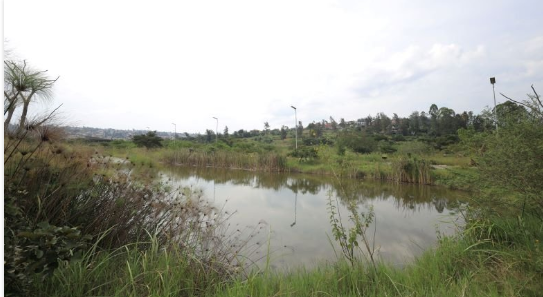In this Article
A valuable strategy involves implementing natural capital accounting, which assigns a monetary value to nature’s direct and indirect benefits to economies and human well-being. This data can be utilized to establish the economic case for preserving and restoring natural ecosystems.

Nature, encompassing biodiversity and essential services for human well-being, is at the center of development challenges such as climate change, food security, health, jobs, poverty, inequality, and fragility. Despite its status as the most valuable asset for many nations, nature and its renewable natural capital are declining, significantly impacting the world’s poorest countries and communities.
The World Bank estimates that the global economy could lose $2.7 trillion by 2030 if key ecosystem services such as pollination, carbon sequestration, and fisheries were to collapse. This could reduce Gross Domestic Product (GDP) by 10% annually in low-income countries, with even greater losses in countries that rely significantly on ecosystem services. To address these challenges, it is important to place nature at the center of economic decision-making through natural capital accounting (NCA). By integrating natural resources, economic valuation, and analysis, NCA offers a better understanding of development progress and its impacts on society and environment compared to traditional measures like GDP.
Like other forms of capital, natural capital requires investment, maintenance, and management to contribute to economic growth and prosperity effectively. When making decisions about resource management such as infrastructure projects that could influence ecosystems, NCA is a useful tool for calculating a nation’s natural assets. This data allows for more informed decisions by comparing the value of ecosystem services with economic benefits. Integrating NCA with policy-making helps countries consider nature’s value, identify ecosystem benefits and costs, support vulnerable communities, and incorporate nature-related risks and opportunities into business strategies.
Reference: World Bank Group. (2024). Natural Capital. Retrieved September 3, 2024, from https://www.worldbank.org/en/topic/natural-capital#1




